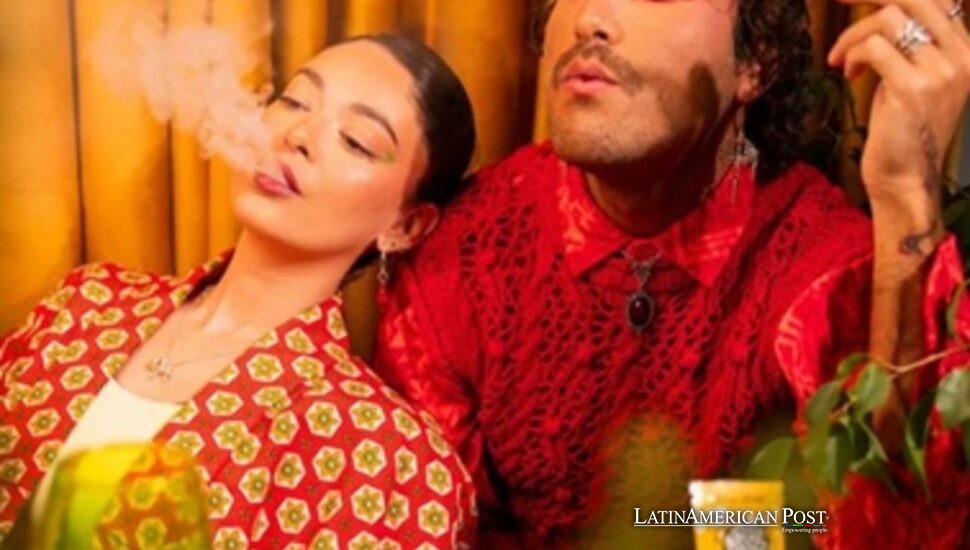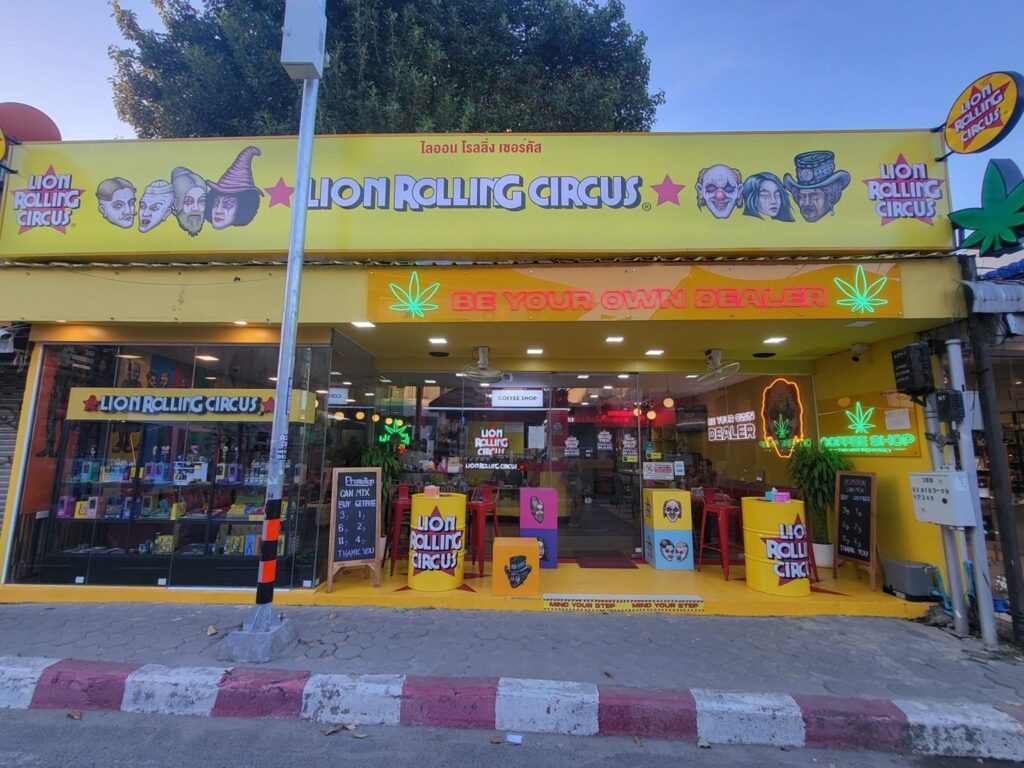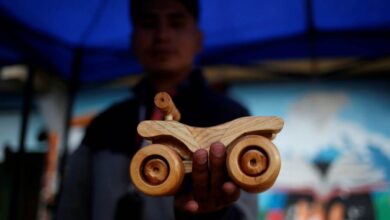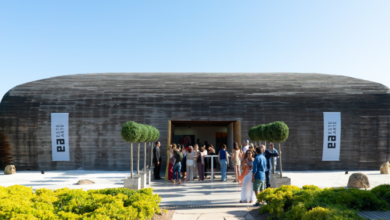Latin American Cannabis Startups Turn Rolling Papers into Global Art

From Chile’s pastel blunt tubes to Argentina’s circus-branded papers, Latin American cannabis creatives are flipping the script—selling design, identity, and feminist authorship into a global accessories market long dominated by Amsterdam and California. This isn’t branding. It’s a quiet revolution.
From Raw Exporter to Creative Powerhouse
Lavender blunt wraps from Santiago and freakshow rolling papers drawn in Buenos Aires are now crossing oceans faster than the flower they’re meant to hold, turning Latin American weed accessories into cultural exports that pack more punch than the product itself.
For decades, Latin America was cast in the same role: grow the crops, ship the goods, let someone else sell the story. Cannabis, like coffee or copper, followed the same logic. Colombia grew flowers, Uruguay set legal precedents, but the branding muscle—logos, mascots, identity—belonged to Los Angeles, Toronto, or Amsterdam.
Not anymore.
In 2021, Alanis Gelman and her sisters launched Soulblime in Santiago. Their vision? Break from the macho black-and-gold aesthetic of bongs and butane torches and make the ritual of rolling beautiful. They designed soft-toned packaging, fruit-flavored wraps, and pastel tubes that now sit on shelves from Bogotá to Berlin. “We wanted beauty, softness, identity,” Gelman told Forbes. “Not just another stoner brand.”
Their work speaks the visual language of global Gen Z—Instagrammable, gender-neutral, unmistakably Latin. Cultural theorist Néstor García Canclini refers to this strategy as glocalization, which occurs when local identity adapts to global circuits. Soulblime nails it, embedding Andean palettes into Euro-Asian nightlife.
What was once a raw-material pipeline is becoming a design loop. This time, the South isn’t just supplying product. It’s creating the vibe.
Punk Tactics in a Patchwork Market
The global smoking accessories market is projected to hit $92 billion by 2030, according to Grand View Research. Yet Latin America holds only a small slice, thanks to inconsistent regulations, underdeveloped supply chains, and a chronic lack of investment capital.
But what the region lacks in capital, it’s making up for in guts.
Just ask Federico Budasoff, the founder of Argentina’s Lion Rolling Circus. His brand started by accident—a printing mistake led to a freakish cartoon mascot on a rolling paper box. Rather than ditch the batch, Budasoff embraced the error, built a backstory, and sold it.
Without venture backing, he sold his house to fund a U.S. expo tour, hand-selling the brand booth by booth. Today, Lion Rolling Circus operates in 30 countries, having recently co-branded with The Rolling Stones. That leap—DIY hustle over formal capital—isn’t rare in Latin America. A study from IE University’s Family Business Centre reveals that Latin American entrepreneurs frequently rely on dense personal networks and face-to-face charm to overcome structural financial barriers.
Where Silicon Valley sees pitch decks, these founders see backpacks, red eyes, and booths in Denver with homemade displays. And it works.

Lion Rolling Circus Thailand
Feminist Firepower in a Pipe
Chile’s Doble Reina isn’t just rethinking weed—it’s rethinking who gets to define the culture around it.
Founded by sisters Florencia and Javiera, the brand crafts hand-cast ceramic bubblers that resemble gallery pieces more than paraphernalia. Their pieces aren’t meant to be hidden in drawers. They sit on living room shelves like heirlooms.
Their work is about aesthetics, yes—but it’s also political. Sociologist Rita Segato has written extensively on how public spaces in Latin America have historically been masculinized. The same holds for weed culture, often built around hyper-masculine energy, imagery, and ritual. Doble Reina turns that on its head.
Their pipes offer what anthropologist Daniel Miller calls the objectification of identity: household items that reflect who we are. To buy one is not just to smoke, but to reclaim space, taste, and authorship in a culture long coded male.
It’s no surprise that their pieces now pop up in curated stores in Los Angeles, Mexico City, and Barcelona. They’re not just exporting accessories. They’re exporting autonomy.
The South Talks to Itself—and the World
While North American and European buyers continue to validate these brands with orders and social buzz, many Latin founders say their most exciting momentum is regional. These aren’t just one-way exports. They’re cross-border alliances, building what economist Andrés Rodríguez-Pose calls “South-South creative corridors.”
In one such corridor, Chilean glassware brand Calvo Glass partners with Colombia’s hemp apparel line Stardog to co-sponsor pop-ups and booths at São Paulo’s ExpoCannabis. These collaborations build visibility across markets where cash is scarce and regulation is unclear, but creativity is abundant.
And there’s an ironic twist: cannabis flower itself remains under tight legal restriction across much of Latin America. But accessories, occupying a quasi-legal grey zone, can travel freely. That gives designers a head start. While governments debate THC limits, Latin artisans are already establishing aesthetic language, cultural claims, and retail dominance.
It’s a loophole. And it’s a gift.
The rise of Soulblime, Lion Rolling Circus, and Doble Reina isn’t just about rolling papers or pipes. It’s about the shift from an extractive logic—grow, export, repeat—to one of creative ownership.
This is what happens when Latin American entrepreneurs stop waiting for licenses and loans and instead build something that speaks to their own visual histories, gender politics, and economic realities. A blunt wrap sketched in Santiago or a ceramic bubbler fired in Valparaíso doesn’t just serve as a product. It tells a story—one that audiences in Berlin, Denver, and São Paulo are finally learning how to listen to.
Latin America has long been told that its value lies in what it grows. But this new wave of weed creatives has a different message: we don’t just grow. We design, we brand, and we define the vibe.
Also Read: American Peruvian Pope Souvenirs Stalled as Vatican Retailers Await Sacred License
Credits: Brand profiles and interviews featured initially in Forbes; industry data from Grand View Research and IE University’s Family Business Centre; academic insights from Néstor García Canclini, Rita Segato, Daniel Miller, and Andrés Rodríguez-Pose.





